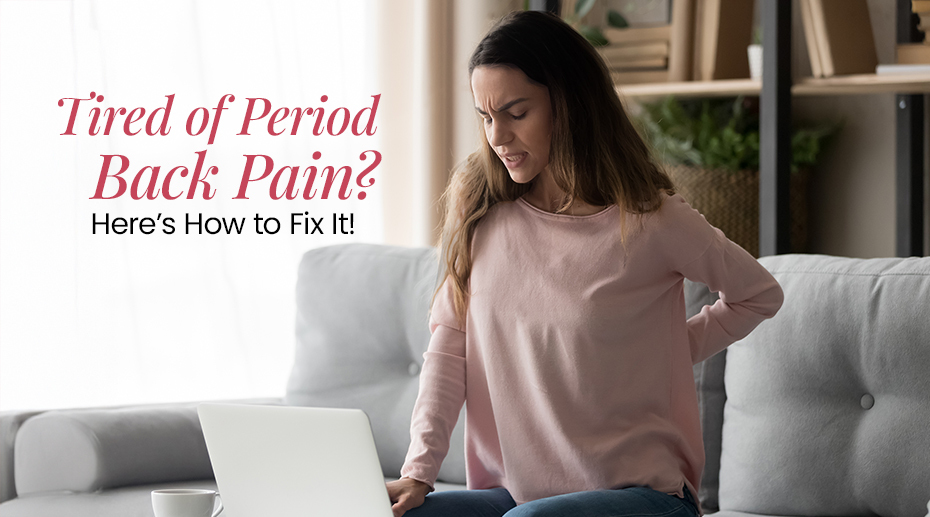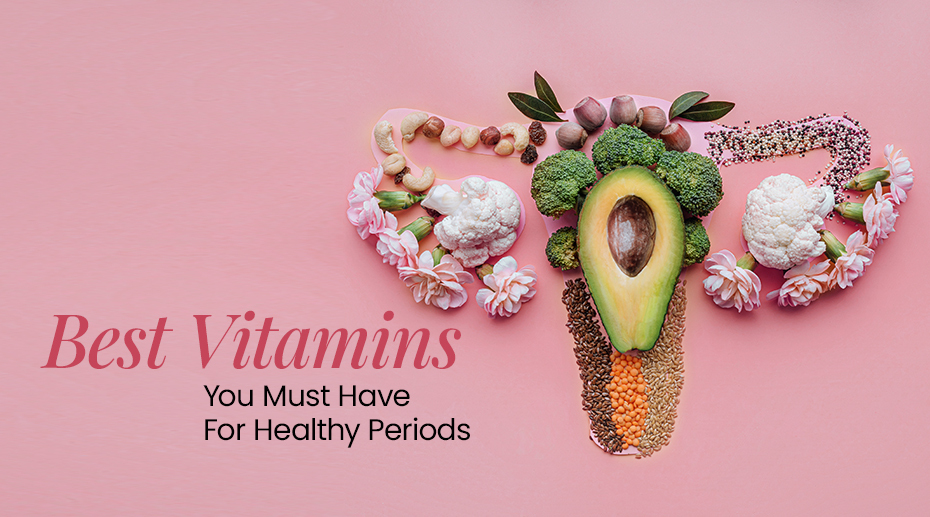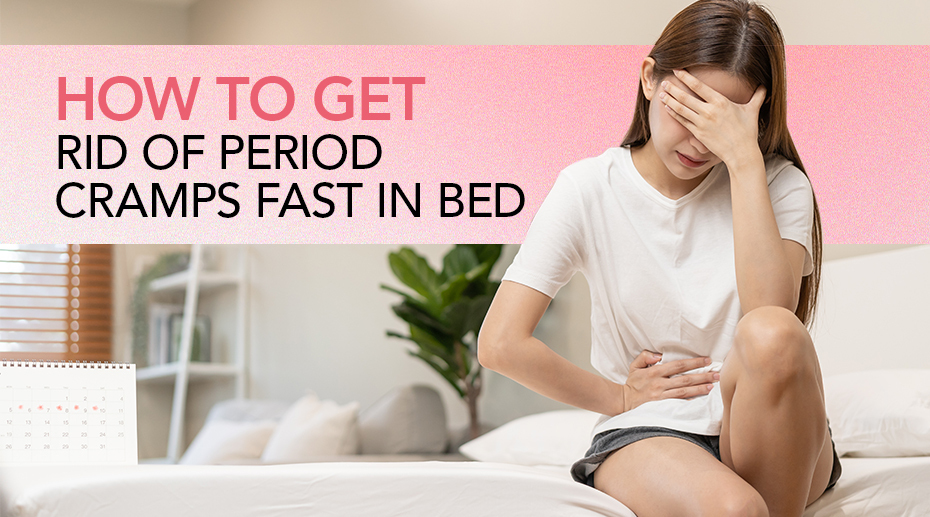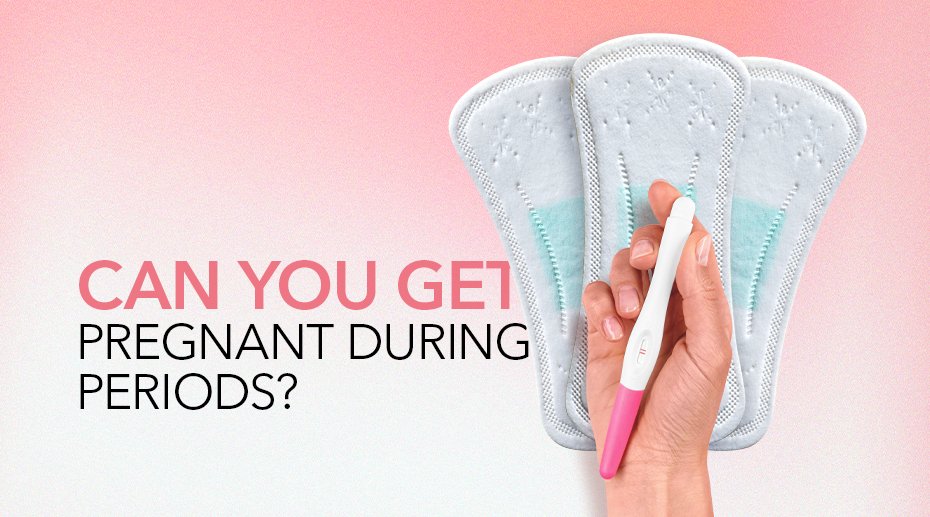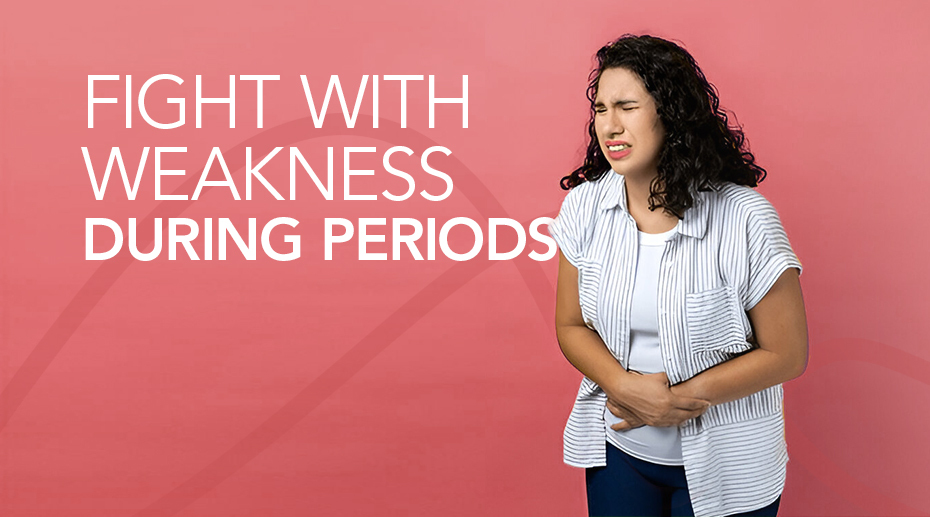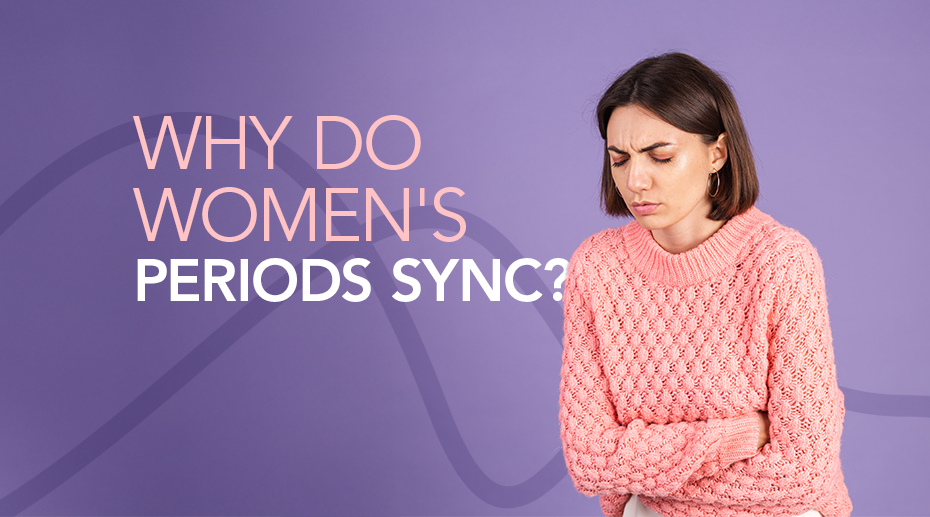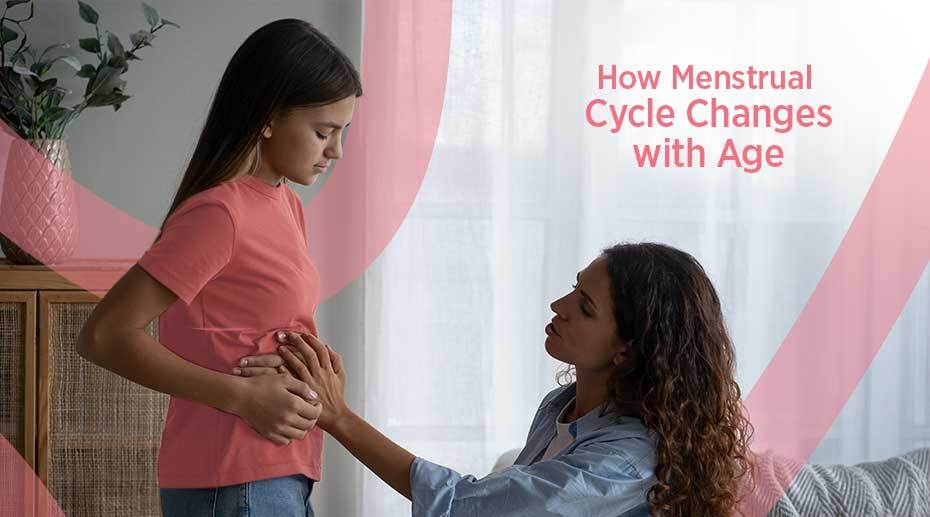
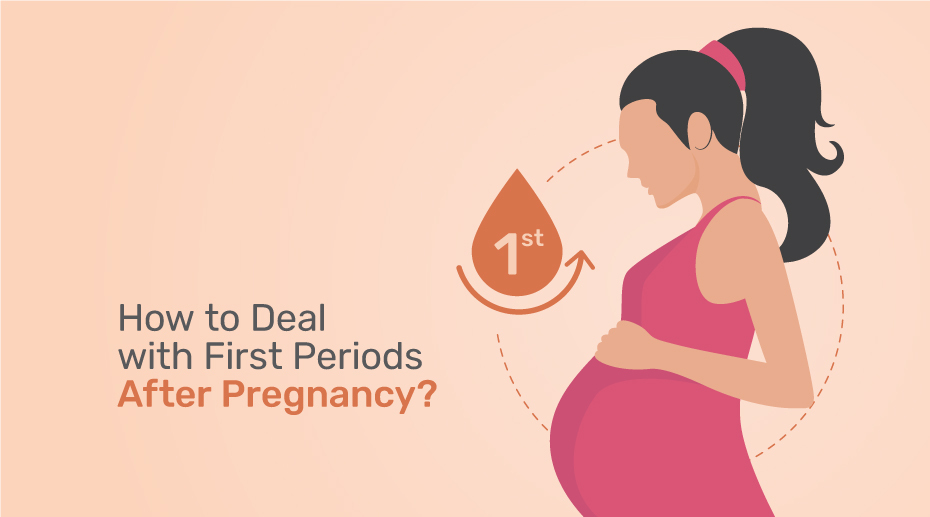
How Periods After Delivery Are Like?
Pregnancy comes with so many things. A celebratory moment, lots of sleepless nights, mood swings, cravings, irritation, and the bleeding that comes with them. Your first periods after pregnancy. After pregnancy, a woman’s body and her menstrual cycle undergo a significant change. The return of periods after delivery varies from woman to woman. It can be influenced by hormonal changes, cramps, breastfeeding, and the amount of care you take. Everything matters.
So, what does the first period after pregnancy look like? A roller coaster ride, or like a sleepless boring night that you had like the day you had pregnancy cramps? You may be wondering right? The short and sweet answer is “It depends as I said”.
Here are some questions about your first period after birth.
When Do You Get Your 1st Period After Birth?
After your big day, the aunt flo arrives after around six to eight weeks. However, the timing for first-period postpartum varies among women. But this was the atleast time that a woman’s period might arrive in case they are not breastfeeding. In this case, if your periods are still delayed, it can be only because of your body’s hormones and it’s nothing to worry about.
For the woman who does, the arrival of periods may differ and be delayed than usual. You must be thinking how and why. It is because of prolactin hormone that is needed to produce breastmilk which affects your reproductive hormones. Due to this, you might not menstruate as easily as usual or release an egg for fertilization.
What Will Your First Menstruation After Delivery be like?
Your body continues to shed blood and tissue that lines your uterus during pregnancy. Due to this, you may experience some bleeding and vaginal discharge after delivery whether you give vaginal delivery or you have a cesarean delivery. The discharge appears for some time after giving birth and before the arrival of your period.
The periods are always different and unpredictable for every woman. For some, the pre-pregnancy period may be harrowing, however after pregnancy, the picture might be completely different. It may be heavier or lighter than your usual periods and accompanied by changes in menstrual symptoms such as period pain, mood swings, and PMS. Some women also get blood clots while some do not.
If you get periods in the first two months after delivery, you must not insert any menstrual product inside your vagina. Sanitary pads are a better option than using tampons or menstrual cups. Still, it depends on the situation of an individual and thus it is necessary to ask your doctor for this. Your vagina needs healing for the first 2 to 3 months after the baby, hence if you do not insert anything inside the vagina, it is a great option.
Does Menstruation Affect Breast Milk?
“Not Really”. It does not affect directly however, the period flow might get affected and reduced due to milk production. This is because hormonal fluctuations associated with menstruation, such as a drop in progesterone levels such as a drop in progesterone levels can impact milk production in some individuals.
During menstruation, some mothers who are breastfeeding may experience a slight decrease in milk supply or a change in the taste of their breast milk. Additionally, some infants may temporarily nurse more frequently or seem fussier at the breast during this time.
Hence, it is necessary for all new moms to keep themselves hydrated, continue to feed their babies on demand, and maintain a good and balanced diet to support milk production throughout the menses. If concerns about milk supply arise, consulting with a lactation consultant can provide reassurance and guidance on managing any temporary changes.
What About Birth Control?
Even though breastfeeding decreases the chance of fertility, you can still get pregnant before getting your first period after delivery. A study says that out of 100, 1 woman gets pregnant in a year if they are still engaged in breastfeeding. So you can take birth control after delivery to prevent unintended pregnancies. While breastfeeding can act as a natural contraceptive method for some women, it may not be reliable for everyone.
And in case if you’re breastfeeding and you get your periods, you are now no longer staying away from getting pregnant if you are not taking any precautions to avoid delivery.
How can Periods be Different Postpartum?
Postpartum periods will undoubtedly be different from pre-pregnancy periods. Your first menstruation after childbirth may be heavier than usual periods. It’s because your body has to again adjust with the menstruation but in a different way. You may experience:
- Increased period cramps
- Flow might be getting heavier sometimes due to not getting enough flow
- Irregular menses
- Blood clots
Some women also get blood pressure for a few months during and after delivery for some time, due to which they also experience heavy blood flow. It is normal as there are so many hormonal changes in a woman’s body, they are already going through a lot after childbirth and on this, the arrival of periods was just like the missing character in this roller coaster journey. Well, on the other side, some women who suffer from endometriosis may get less pain, and also blood flow gets normal.
Like, your first period, the first period after pregnancy is also again a unique experience for each woman. It signifies the body’s gradual return to its normal menstrual cycle after childbirth. While some changes in menstrual patterns and symptoms are common postpartum, it’s essential to monitor any unusual or concerning symptoms and consult a healthcare provider if needed. With proper care and attention, women can navigate the transition back to menstruation with confidence and ease, embracing the journey of motherhood while prioritizing their health and well-being.


